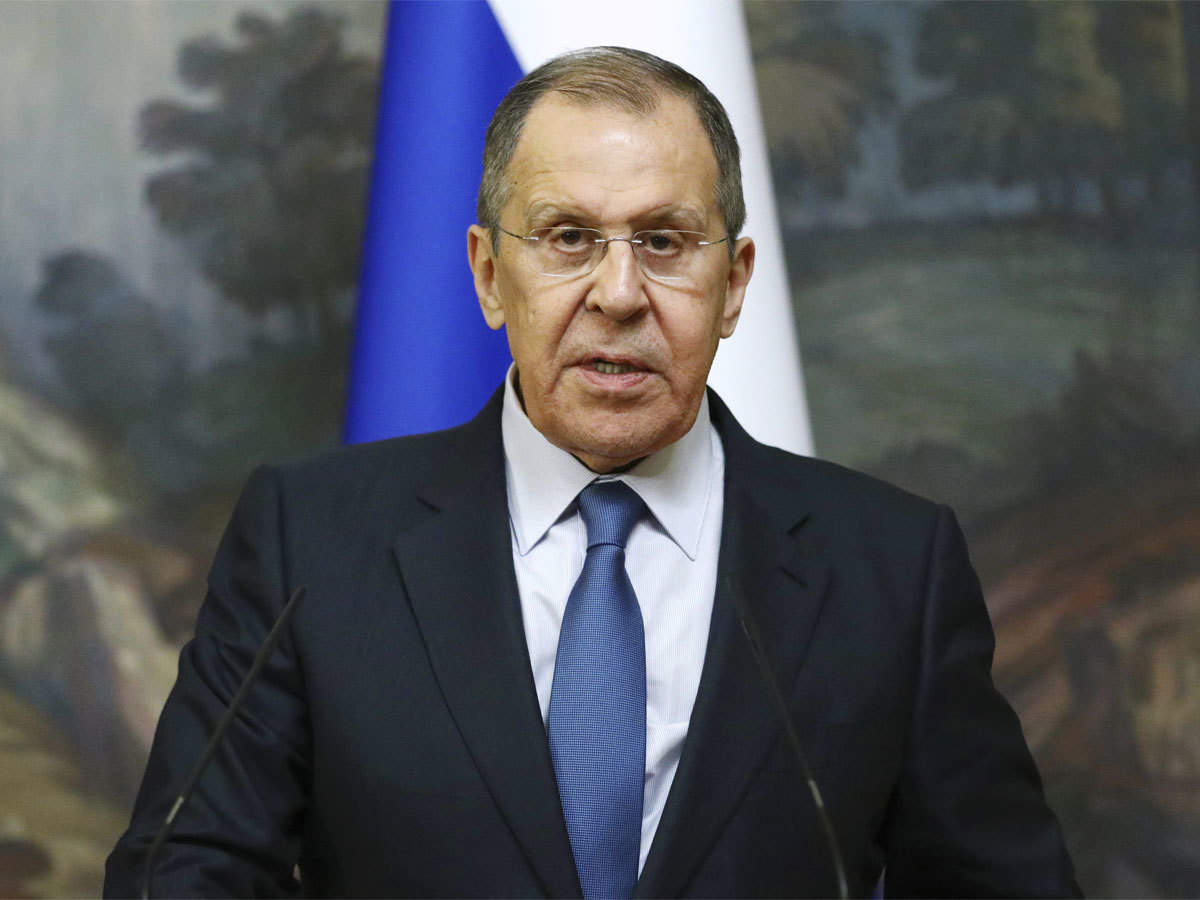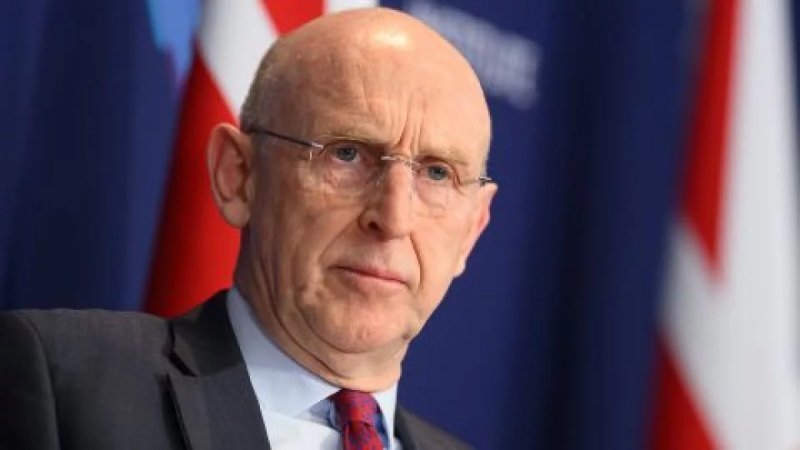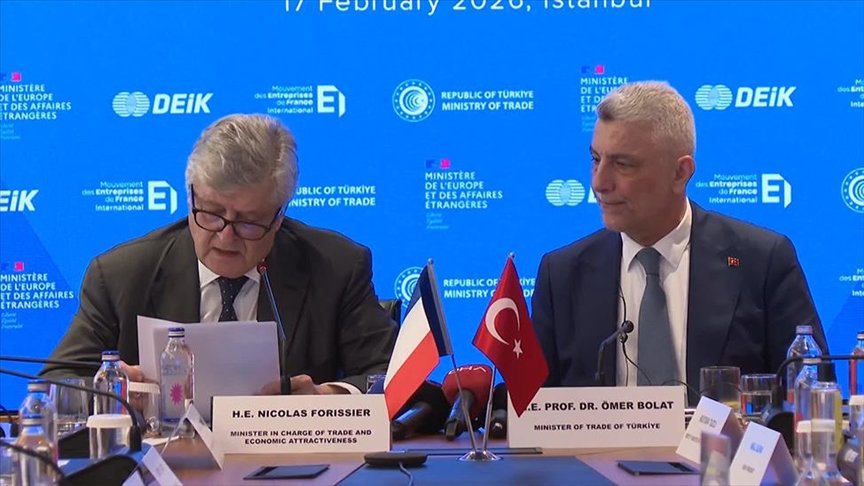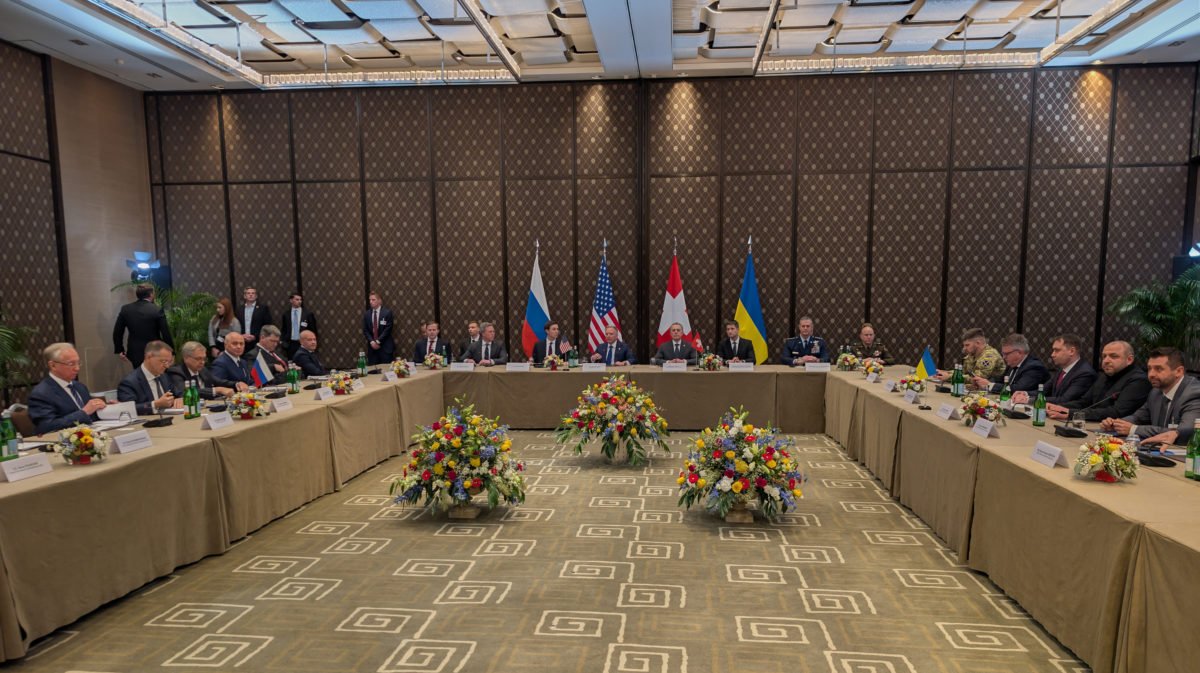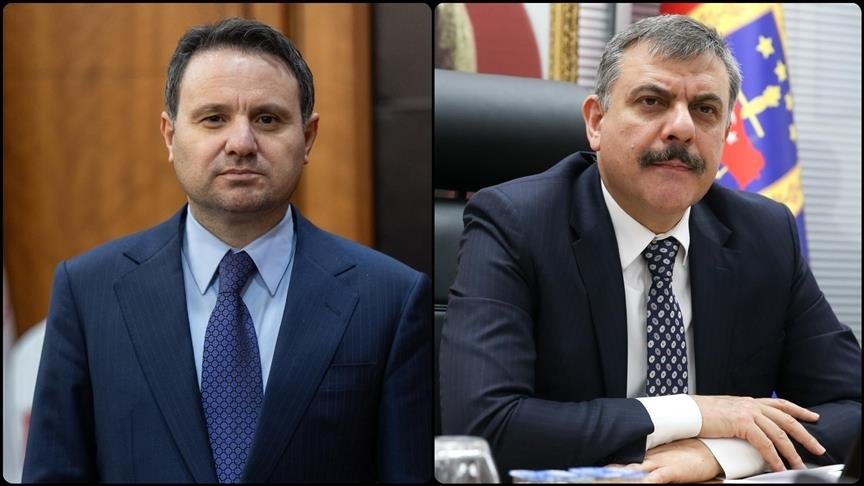Moscow, November 1, 2024 – The Europe Today: In a recent statement, Russian Foreign Minister Sergey Lavrov emphasized Türkiye’s determination to join BRICS, underscoring the economic group’s growing allure rooted in respect for international law and pragmatic cooperation. Ankara formally applied for full membership in BRICS in September, marking a significant milestone as it becomes the first NATO member to pursue inclusion in this influential coalition.
In an interview with the Turkish daily Hurriyet on Friday, Lavrov expressed Russia’s support for Türkiye’s application, noting that BRICS represents approximately 45% of the world’s population. He stated, “We stand for expanding BRICS ties with the countries of the Global Majority – primarily with those who share a focus on strengthening multilateral principles, pursue a sovereign foreign policy, and do not join unilateral sanctions.”
The recent 16th BRICS annual summit held in Kazan, Russia, marked the group’s first gathering since welcoming new members, including Egypt, Iran, Ethiopia, and the United Arab Emirates. Lavrov remarked that the summit reflected a commitment among members to consolidate their influence, as 13 nations, including Türkiye, gained the status of BRICS ‘partner members.’
Lavrov expressed confidence in Türkiye’s potential contributions to the future development of BRICS, stating that the decision on its full membership will be made based on consensus and respect for the sovereign choices of all BRICS nations, including Türkiye.
Ankara’s application for BRICS membership has raised concerns in Western circles; however, NATO chief Mark Rutte emphasized that Türkiye’s collaboration with BRICS does not conflict with its commitments to the US-led military alliance.
Turkish President Recep Tayyip Erdogan actively participated in the recent BRICS summit in Russia, where he engaged with President Vladimir Putin. Erdogan affirmed Türkiye’s commitment to strengthening dialogue with BRICS, highlighting the established close ties with member states founded on mutual respect and beneficial cooperation. He articulated that enhanced collaboration within BRICS and similar frameworks could foster equitable global development and security.
